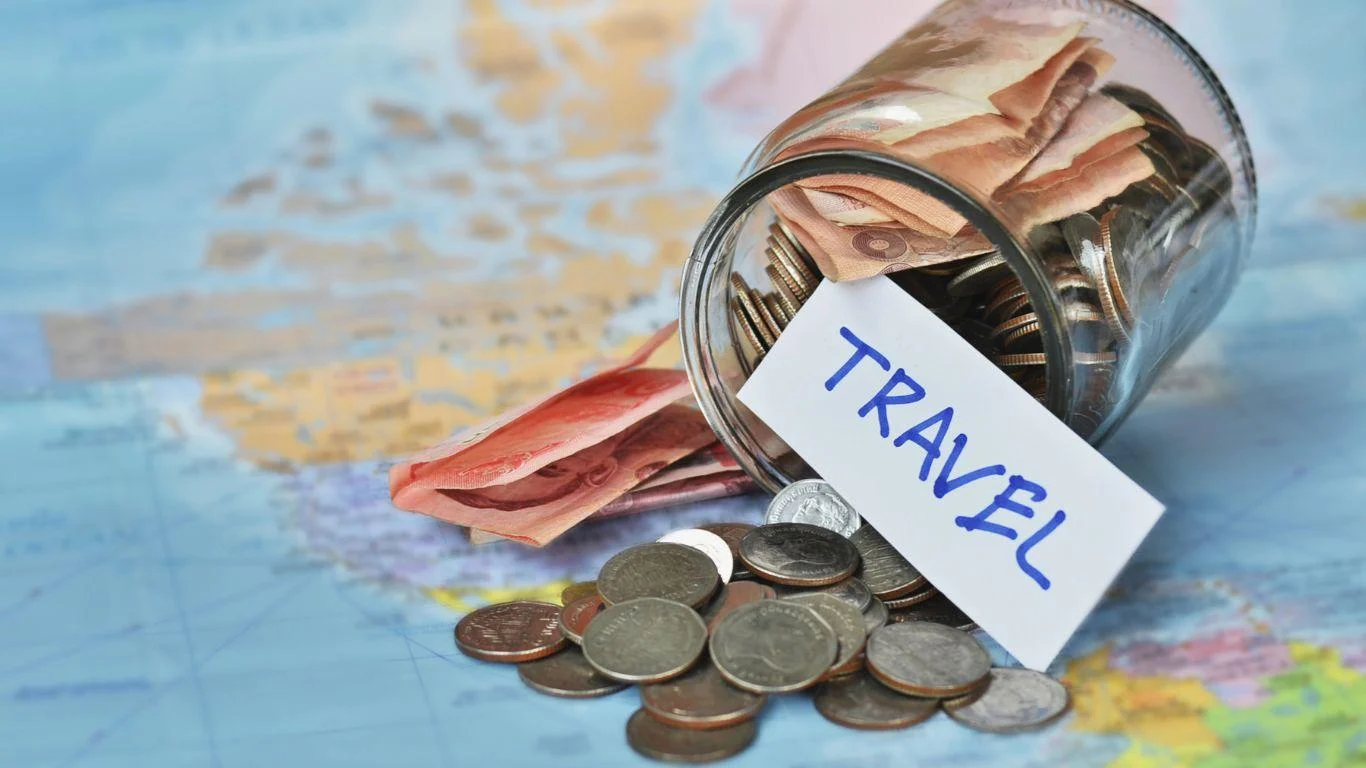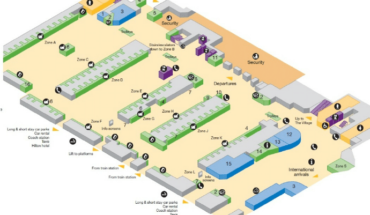
Key Takeaways
- Discover practical tips to reduce travel expenses without compromising your overall experience.
- Learn how to leverage apps and digital tools to find the best flights, accommodations, and activities deals.
- See why traveling off-peak can dramatically lower your costs and elevate your adventure.
Traveling the world doesn’t have to be expensive. Creativity and planning allow even budget-conscious travelers to enjoy exciting destinations without overspending. Small decisions like finding flight deals, using rewards programs, choosing off-peak travel times, and choosing budget-friendly accommodations can lead to significant savings. These practical tips help travelers make the most of their trips while keeping expenses in check and enjoying rich experiences.
Are you dreaming of an exciting getaway but worried about your budget? You’re not alone. From seasoned adventurers to those eager for their first big trip, most travelers today are constantly seeking more innovative ways to make their journeys more affordable. Traveling can rack up expenses, especially when you factor in flights, accommodation, dining, transportation, and spontaneous splurges. Yet, with the right strategies and tools, even the world’s most beautiful corners can be explored without overspending. By integrating money-saving tools at https://www.retailmenot.com/view/orbitz.com and researching clever booking tactics, travelers everywhere can experience more for less, sometimes even finding deals they never thought possible. Strategic financial planning is essential for travelers traveling abroad. Savvy travelers can save money before leaving by setting a clear budget and using fare comparison websites. With competitive rates and exclusive offers, the travel landscape is rapidly evolving.
Planning Your Trip Wisely
Whether you’re heading off on a spontaneous city break or a long-awaited cross-country journey, planning always pays off. Begin by establishing a realistic travel budget based on your total available funds. Prioritize must-do activities and factor in hidden costs like baggage fees, airport transfers, and travel insurance. Conscious spending starts with tracking all these expenses, and user-friendly apps are invaluable for setting savings goals and managing your plan in real time. Flexibility is also one of your most powerful assets; even a one- or two-day shift in travel dates can lead to hundreds in savings. The more flexible you are, the more likely you will find lower prices on big-ticket items like airfare and lodging. Ahead of your travels, dig into destination-specific blogs and forums to uncover budget insights and off-the-beaten-path gems that aren’t found in typical guides.
Booking Flights: When and How
The price of airline tickets can swing wildly from day to day—or even hour to hour. Research suggests that booking midweek, specifically on Tuesdays or Wednesdays, often yields better fares, though it’s wise to monitor prices regularly. Experts advise securing domestic flights roughly seven weeks in advance and international tickets about five months ahead to tap into optimal pricing. Aside from flexibility on dates, remaining open to alternate airports can unlock surprising savings. Consider airports in neighboring cities—a bus or train to your primary destination may result in net savings. Modern fare tracker services and alert systems send notifications when prices drop. Set up alerts for multiple airlines and keep tabs on flash sales or promotions, which can offer deeply discounted rates for a limited time. Booking at odd hours, like late night or early morning, sometimes reveals new deals before others find them. While locking in early generally works in your favor, last-minute offers can also be found for the spontaneous traveler who can pack and go on short notice.
Accommodation Hacks
Travelers increasingly use hostels, guesthouses, vacation rentals, and house-swapping to create an affordable and enriching experience. Platforms like Airbnb have made travel cheaper and opened avenues for cultural immersion, allowing guests to stay in local neighborhoods away from tourist crowds. Hostels now offer private rooms and boutique atmospheres, and booking well ahead of time unlocks early-bird rates. Loyalty programs and preferred guest statuses can provide free nights, welcome drinks, or room upgrades—credit cards partner with hotel groups, allowing for points accumulation even when not traveling. Short-term apartment rentals offer amenities like kitchens and laundry for extended stays.
Exploring a city on a budget is possible, as public transportation systems are often cheaper than taxis or ride-shares. Many destinations offer day passes for buses or metro networks, providing more value. Free walking tours offer insights into local routines and stories from passionate locals, often on a tip-only basis. Museums, historical landmarks, and parks sometimes offer free entry or sponsor special events. Local forums and community pages can provide up-to-date information on pop-up happenings, markets, exhibitions, and street performances, providing richer travel stories than guidebooks.
Eating Out Without Breaking the Bank
Sampling international cuisine is among the best parts of travel, but restaurant meals, especially in tourist hubs, can take a chunk of your budget. Embrace local food markets and street vendors, where you’ll find authentic fare at a fraction of the price and with flavors that define the region. Not only does this reduce meal costs, but it also supports small business owners and fosters direct connections to the local food scene. Shopping at supermarkets and preparing a few simple meals can make a massive difference in overall spending for those traveling with a kitchen or kitchenette. Even a modest hotel breakfast or homemade lunch packed for sightseeing days adds to real savings. Remember, dining is as much about the culture in many destinations as the food. Ask locals for their favorite budget spots; they’ll likely offer suggestions that take you off the main tourist track and into the heart of the community.
Traveling Off-Peak: The Secret Weapon
Off-peak travel is a game-changer both for your wallet and your overall experience. You’ll enjoy significantly reduced flights, lodging, and attraction prices when you avoid school holidays, summer tourist surges, or peak festival months. Shoulder seasons—those in-between months when crowds thin out, but the weather is still agreeable—offer incredible value. Think early spring or late autumn for European capitals or winter for Southeast Asia, when prices are dramatically lower and the atmosphere is more relaxed. Don’t be deterred by less-than-perfect weather; local events, uncrowded landmarks, and more personal interactions with residents or guides provide a richer narrative to your journey. Providers, freed from the stress of high-demand periods, are often more flexible and attentive. You may even be able to negotiate better rates on the spot for accommodation or tours, further stretching your travel dollar.
How to Leverage Travel Points and Miles
Frequent travel can quickly add up to free flights and hotel stays if you’re proactive in collecting and using points or miles. The foundation starts with a travel-friendly rewards credit card—many offer sign-up bonuses worth hundreds in travel credits if you meet minimum spending requirements. Make everyday purchases on cards that maximize point accrual, then be diligent in tracking your rewards to ensure you don’t miss out on redemption opportunities. Pair points with cash for strategic savings, or use them for upgrades and lounge access that can make long-haul trips more comfortable. Some airline and hotel groups even allow family pooling, combining points across members for bigger rewards. Stay organized by using apps or spreadsheets to avoid surprise expiration dates. Being strategic about where and how you use your points ensures you receive tangible value rather than letting rewards go to waste.
Tips for International Travelers
Traveling abroad brings additional considerations—and occasionally hidden fees—that can quietly inflate your spending if you’re not careful. Research visa requirements and fees for entry and exit, and apply as early as possible to take advantage of discounts or avoid rush processing fees. Local SIM cards are almost always cheaper for phone and internet than international roaming, allowing you to use maps, translators, and booking apps easily. Currency exchange deserves special attention: compare options between banks, currency counters, and ATMs. Prepaid travel cards or bank accounts with minimal or no international fees can also be a lifesaver. A little planning ensures you spend less on costs and have more left to experience the destination as locals do. By combining careful research, flexible planning, and a willingness to try out new tools and tactics, anyone can turn distant dreams into an affordable reality—and remember, every penny saved opens the door to a new adventure or another delicious meal in an unfamiliar land.


